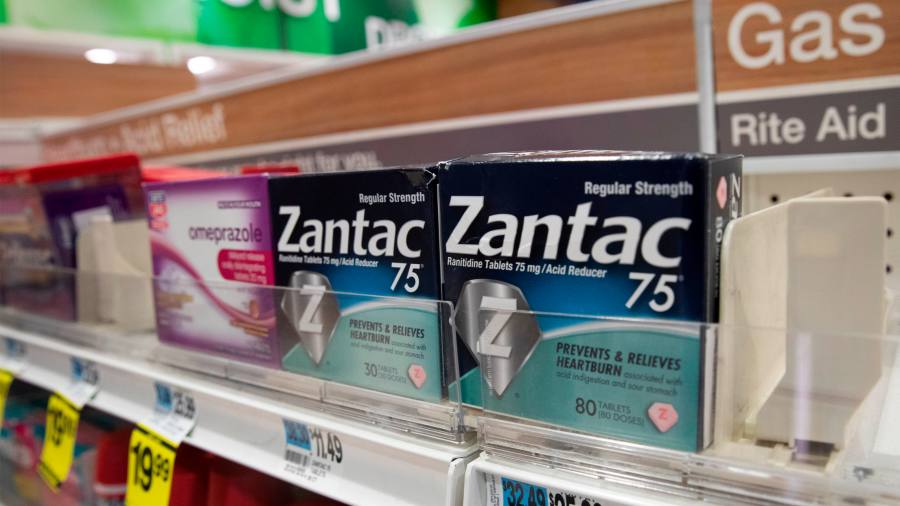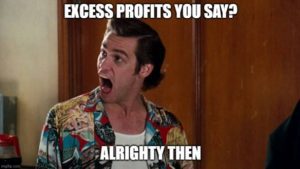
Haleon said on Tuesday it had rejected requests to provision for costs related to US lawsuits over the heartburn drug Zantac, its latest pushback against a threat that has hung over the FTSE 100 consumer health company since it was spun off from GSK in July.
GSK and Pfizer, partners in the joint venture that was spun out to become Haleon, both previously sold Zantac. Haleon does not sell Zantac in the US, but fears it could be held liable in lawsuits over the drug’s potential links to cancer has driven its share price down, according to James Edwardes Jones, analyst at RBC Capital Markets.
Shares in Haleon have fallen almost 17 per cent since it was listed, trailing the 3.5 per cent drop in the FTSE 100. Its shares were up 1 per cent in morning trading on Tuesday.
The group said that it has rejected indemnification requests from GSK and Pfizer “on the basis that the scope of the indemnities set out in the joint venture agreement only covers their consumer healthcare businesses as conducted when the JV was formed in 2018,” it said.
“At that time, neither GSK nor Pfizer marketed [over the counter] Zantac in the US or Canada.”
Indemnification is a legal process of providing security against potential damages.
Zantac was pulled from the US market after a Food and Drug Administration investigation of the levels of N-nitrosodimethylamine, or NDMA, in the drug. NDMA can cause cancer when consumed in large amounts.
Potential costs linked with Zantac, together with the prospect of Pfizer and GSK disposing of their holdings in Haleon — 32 per cent and 5.4 per cent respectively — “will act as a turn-off for staples investors”, Edwardes Jones said.
Worries over Zantac have cast a shadow over Haleon’s first months of independence after it became the only listed pure-play consumer health company of significant size. The drop in the share price has left its market capitalisation at less than half the £50bn that GSK was offered for the business by Unilever late last year, before it was spun out.
Sanofi and Johnson & Johnson are also preparing to spin off their consumer health businesses.
In its first-half results, also released on Tuesday, Haleon said the return of colds and flu following the lifting of Covid-19 restrictions had boosted sales of drugs such as Theraflu, helping to push like-for-like net sales growth to 11.6 per cent in the six months to June 30.
Sales of respiratory medicines shot up 46.7 per cent in the period from a year earlier, Haleon said, as the Omicron wave of Covid-19 added to rates of mild illness. Painkillers and vitamins also sold more, with Panadol racking up growth in the “mid-20s per cent”.
That helped push up adjusted operating profit by 21.2 per cent to £1.2bn, as the group maintained its full-year guidance for like-for-like net revenue growth of 6 to 8 per cent and a slight decrease in adjusted operating margin from last year’s 22.8 per cent.

